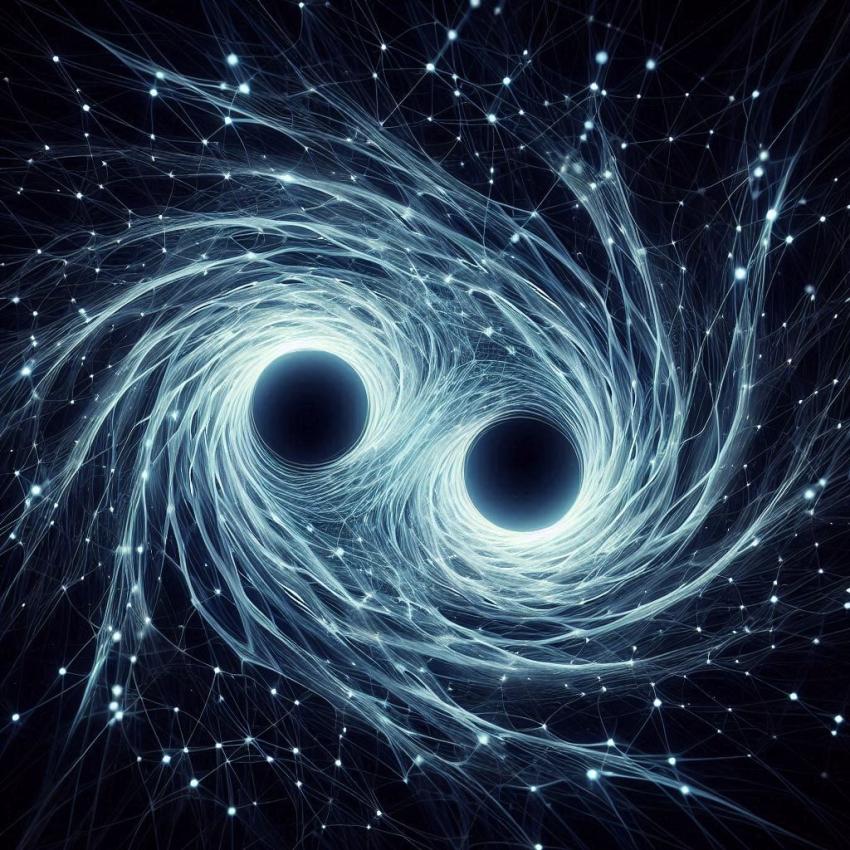Book a Fellows January In-Person or Online SDM Ticket
Book a Non-Fellows January In-Person or Online SDM Ticket
Machine learning (ML) has emerged as a powerful tool in astronomy, with the potential to revolutionise our ability to identify sources and measure their properties. Meanwhile, gravitational wave (GW) astronomy is in the midst of its own revolution as the field transitions from initial discovery to routine observations at ever-increasing rates. ML techniques offer promising avenues, for example in addressing the challenges of studying the high-dimensional parameter space and dealing with the complex noise characteristics inherent in GW data. They have also demonstrated usefulness in identifying GW signals amidst instrumental artefacts and environmental noise, enhancing the sensitivity, efficiency and speed of GW searches. Nevertheless, there are many unresolved problems for which ML is in the early stages of application or has not yet been considered. Thus, this is an exciting time where collaboration and innovation are needed to shape the future of the field. This session aims to bring together researchers at the forefront of ML applications in GW astrophysics. We will explore the methodological advancements ML brings to GW research. Practical applications of ML to analyse real GW data from current and future GW detectors will be highlighted, showcasing the impact of ML on our understanding of the universe.
Furthermore, we will hold critical discussions regarding the advantages and challenges associated with different ML-based approaches in GW astrophysics. Topics of interest include the robustness of ML models to uncertainties, the interpretability of ML-derived results, and the integration of ML algorithms into existing GW search and analysis pipelines.
Poster session
During the meeting, there will also be a poster session. If you would like to present a poster please provide a title and abstract in the expression of interest form below. The deadline for poster abstract submissions is on the 10th of December.
Expression of interest
If you would like to attend the meeting, please fill in the expression of interest form to receive updates about the event.
Expression of interest form: https://forms.gle/ybgzvvqCP64p2hYa9
Program
The program, including detailed information about the meeting and names of invited panellists, can be found here: https://drive.google.com/file/d/1tAAaRY_7rXBOm1yCas4BaxDO43eI7P1F/view?usp=sharing
Organiser list:
Mattia Emma
Ann-Kristin Malz
Greg Ashton
John Veitch
Vivien Raymond
Book a Fellows January In-Person or Online SDM Ticket
Book a Non-Fellows January In-Person or Online SDM Ticket


